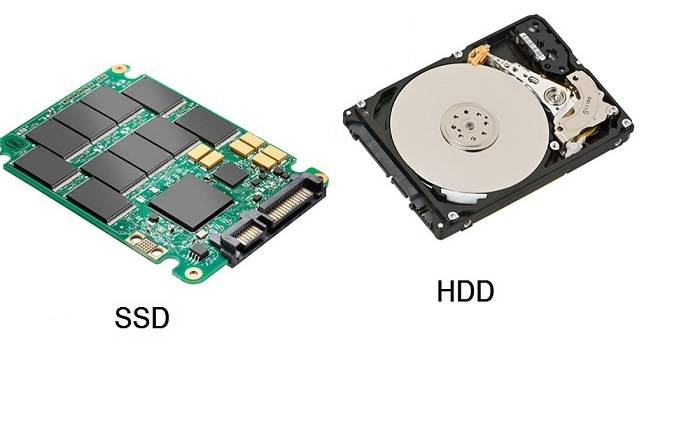
Which is better? It really comes down to a matter of personal preference and budget. If you have enough money to spend, an SSD will be a great choice, but if you’re short on cash, you’re probably better off with a HDD. These devices have several benefits, but they have different prices, so it’s best to know which ones are right for you before you spend money on either one.
First, SSDs are much faster than HDDs. However, they are not as reliable as HDDs. HDDs tend to be noisy because of their moving parts. In addition, they also use more energy, and they tend to heat the system. As for price, SSDs are more expensive than HDDs, but they’re worth the investment if you’re looking for more storage for less.
SSDs are the better choice for most people. These drives are known to be more responsive and faster than HDDs. HDDs store data in small groups and access them slowly, so they don’t make much sense for most users. SSDs, on the other hand, can read and write data at speeds of up to 250 MB/s for 4K read/write operations. The advantage of SSDs over HDDs is that they can perform a wider range of tasks than HDDs can.
As with most computer parts, the longer you use an SSD, the better it is for your computer’s performance. SSDs have been around for a while and have been improved by wear-leveling technology. The key to maximizing their lifespan is to keep them maintained properly. Hard disk drives are often replaced a lot more often than SSDs, but that doesn’t mean you can’t save money. So which is better SSD or HDD?
The fastest SSDs read data up to 10 times faster than HDDs, so they’re a great choice for those who need quick access to data. Those who need to run applications in real time, edit videos, or even operate operating systems, are best served by SSDs. SSDs are more expensive, though, and there are fewer large capacity SSDs available. There are also fewer of them available compared to HDDs, so they can be difficult to find.
As SSDs are faster and more durable, they’re increasingly becoming the replacement for mechanical HDDs. The downside is that they’re more expensive than HDDs, and they only provide a meaningful difference in performance in certain situations. However, for most users, they may not be necessary. For example, those who edit videos or multimedia files may find the difference in performance worth the extra money. But if you do need to store huge amounts of data on your PC, an SSD is a much better option.
The speed of an SSD depends on the interface it has to connect with the rest of the computer system. Generally, there are two types of interfaces – SATA and PCIe. PCIe is the newer interface. Typically, SSDs have more channels for data to move between them. The more channels they have, the faster they’ll be. Then, there’s the cost. SSDs cost more per gigabyte, but their prices are coming down each year.




